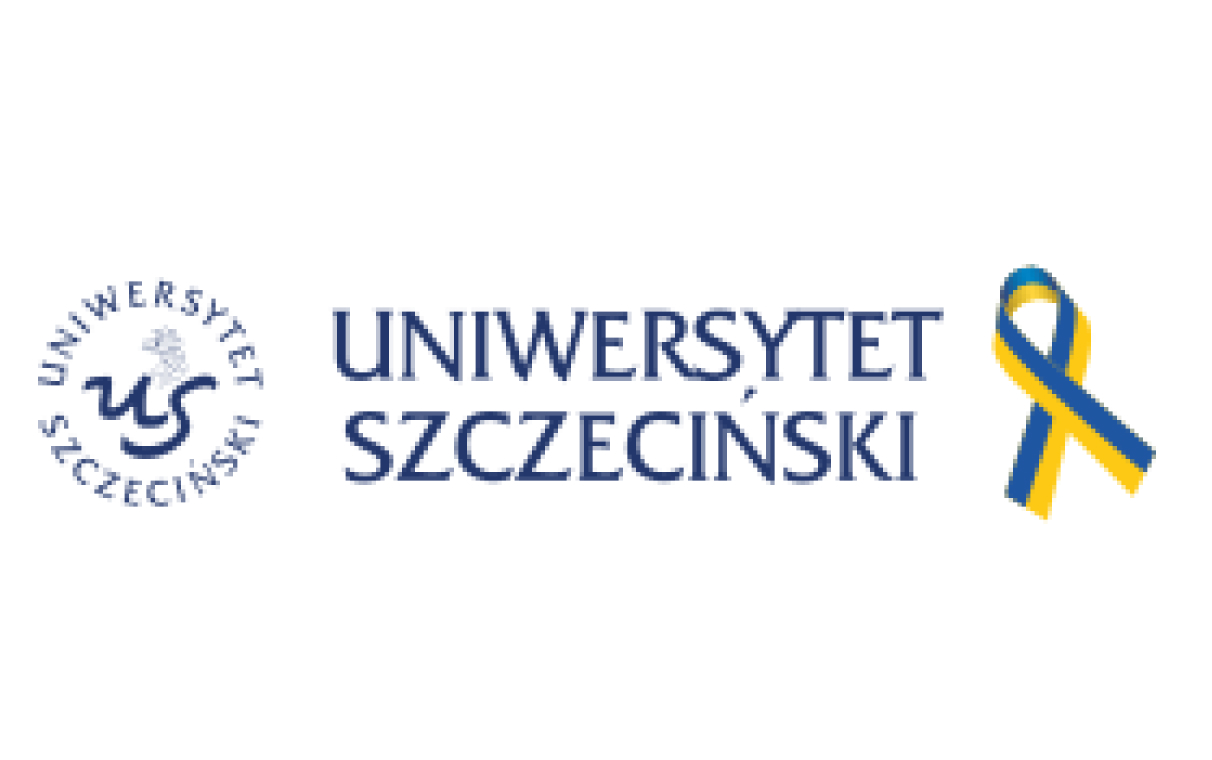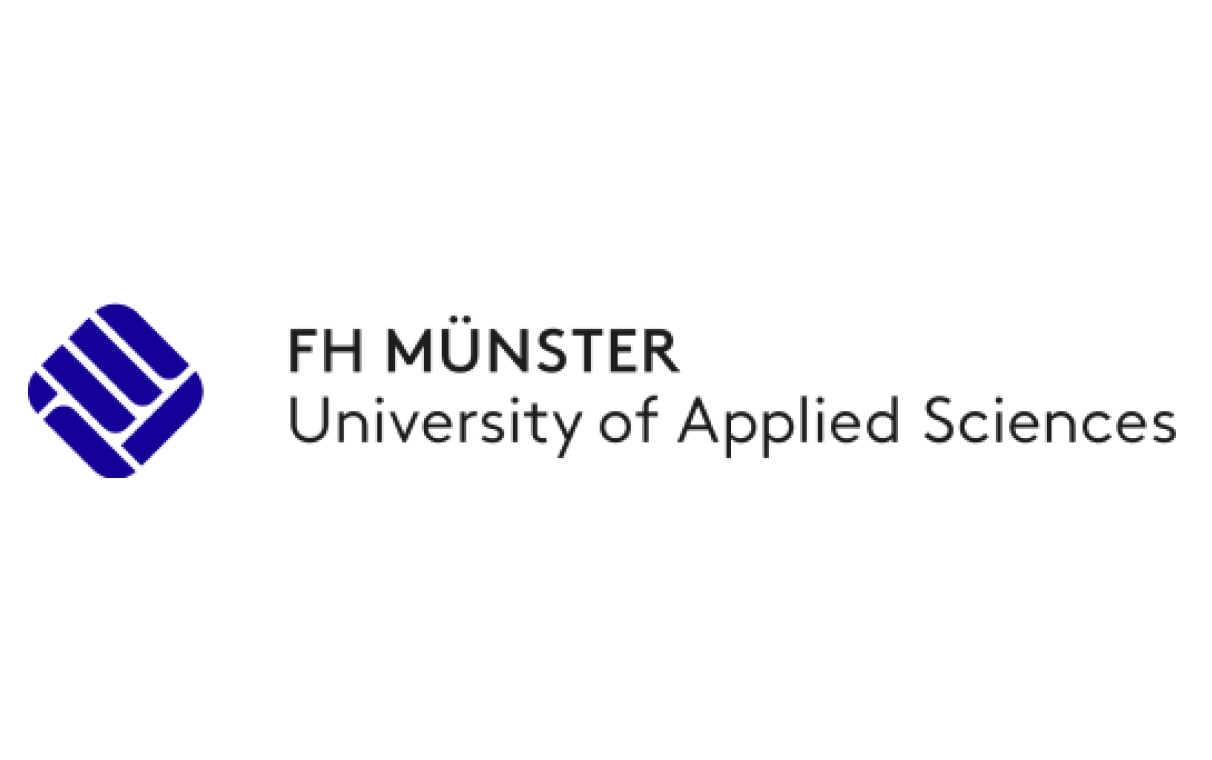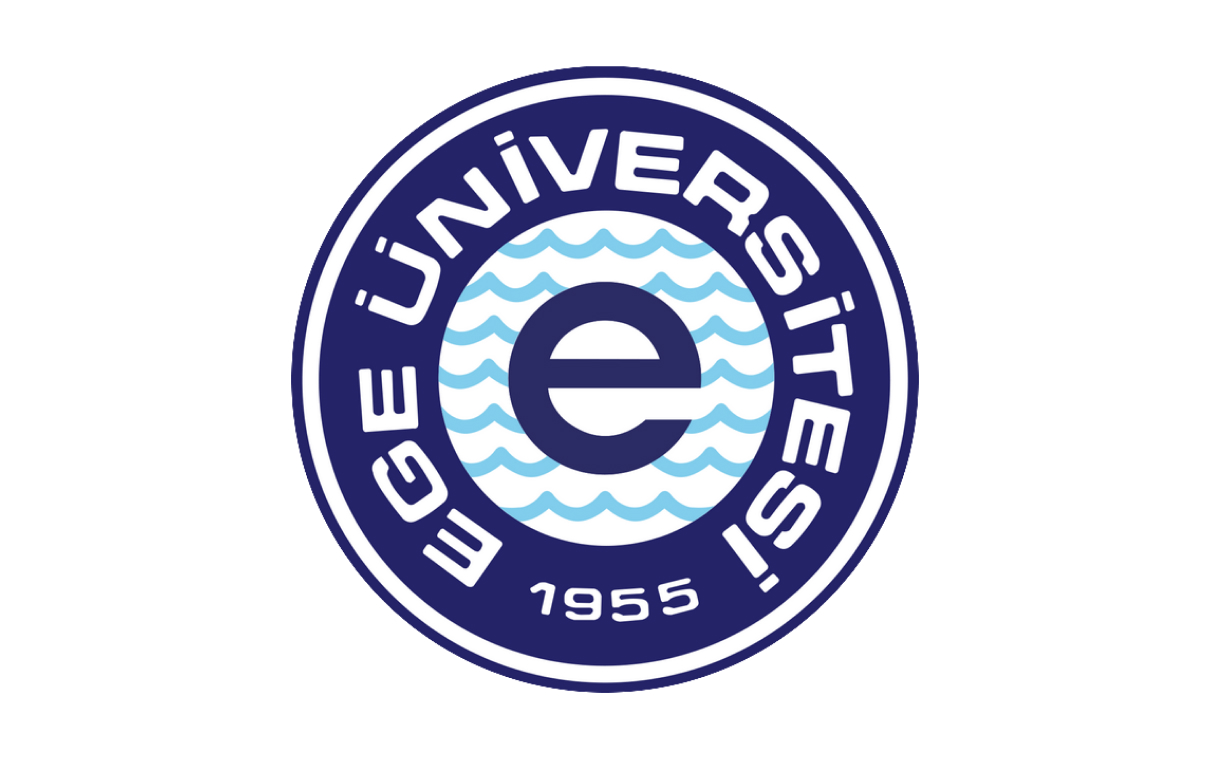
University Szczecin (PUS) has, in nearly 40 years, established itself as the leading HEI in West Pomerania, Poland.
It has over 11,000 students in full-time, evening and part-time studies at 7 faculties, covering all areas of university education, including humanities, economics and finances, law, exact and natural sciences, physical culture and health, theology, social studies. One of the most important objectives of the University is educating students in such a way as to prepare them for entering the labour market. In addition, the university maintains close ties to the private sector and local enterprises and cultivates international cooperation, an essential element of raising the quality standards of research and teaching.
As such, Szczecin University is an acknowledged partner in research and education both in and outside Europe. University Szczecin students may choose from 80 significant courses at bachelor and master level, some of which are supplemented with engineering education. The university has the right to confer doctoral degrees in sixteen disciplines: philosophy, history, linguistics, literary studies, physical culture sciences, economics and finance, socio-economic geography and spatial management, political and administration sciences, management and quality sciences, legal sciences, pedagogy, mathematics, biological sciences, physical sciences, earth and environmental sciences, theological sciences. In University of Szczecin strategy, international cooperation constitutes an essential element of raising the quality standards of research and teaching and promoting Szczecin and the West Pomeranian region worldwide. The first agreement on cooperation with a foreign university was signed as early as in 1985 with the Ernst Moritz Arndt University in Greifswald (Germany).
Today the University of Szczecin is engaged in cooperation confirmed by bilateral agreements with over 180 universities and research institutions from 24 countries from Europe, USA, Asia and Australia. The Institute of Management, which is mainly involved in the project, is one of the most dynamically developing University units. Being a part of the Faculty of Economics, Finances and Management, it currently educates over 1000 students at 2 significant courses: management and logistics at bachelor, master and doctoral level. Furthermore, students at Logistics courses are offered additional engineering education options, provided with lecturers from science faculties, and with a strong engineering background. Thus, both significant courses provided to students a vital education in process management and process engineering are offered. The Institute of Management has strong roots in services management, with historically being involved in research and education on transport and logistics, tourism, IT services, finances. The Department of Corporate Management, which is a part of the Institute, has specialised in innovation management with a strong emphasis on services. To strengthen the education process, since 2012 the Faculty has developed a Centre for Innovation and Knowledge Transfer for the Service Sector SERVICE INTER-LAB. Being a specialised unit connecting University with its business environment and providing research and education focused significantly on a real problem.
THE PROJECT TEAM
Katarzyna Łobacz
PhD in economics, University Professor, experienced in development of university education programmes, training courses curriculum and students career pathways; career coach, coach and mentor of technology scouts at university, experienced scientist, published author, manager of national and international research projects funded from public resources, especially in the field of innovation management, innovation process digitalization, digital innovation, service innovation, innovation transfer, knowledge commercialisation, academic entrepreneurship, competence-based development, knowledge intensive entrepreneurship; experienced in EU projects (to include Integrated Regional Operational Programme, European Social Fund, Leonardo da Vinci, Erasmus+); has considerable experience in micro-enterprise development, especially technology-based start-ups; involved in international scientific programmes/research projects in Europe and Asia; responsible for technology and science commercialisation at the University of Szczecin as an initiator and coordinator of Center for Knowledge and Innovation Transfer for the Service Sector; involved in digital transformation at the University Szczecin by creating of group of specialised laboratories, in which IT tools used in service businesses are tested, developed and teach; head of Inno-Analysis Laboratory, tackling problems of digital transformation in innovation processes; initiator of implementation of project-based and challenge-based methods in innovation education programs in collaboration with local business environment.
Roman Tylżanowski
PhD in economics; member of the Association "Institute for Innovation and Entrepreneurship Research"; board member of the Business Innovation Networking Foundation; research interests include issues related to creativity, innovation processes and technology transfer, financing innovative projects, business environment institutions; author of about 50 publications; participant of Erasmus+ program (STA and STT: Vilnius University, Universitatea "1 Decembrie 1918" din Alba Iulia, ISMA University, University of Žilina, University of Montenegro, University of Economics – Varna, Iriarte Escuela Universitaria, Haliç University), participant of national and international projects ("Establishing an international Cleantech Cooperation Structure in the South Baltic Region", "Through gamification to entrepreneurship

FH Münster University of Applied Sciences was founded in 1971 out of eight public and private schools and has developed into a modern, achievement-oriented university.
The university has approximately 15.000 students and 400 staff and is one of the most important institutions of its kind in Germany. Every day at FH Münster, new ideas and knowledge are generated in the higher education landscape. FH Münster believes that only through direct and reciprocal exchange with actors from business, culture and society can innovations emerge that ensure prosperity and quality of life.
The Science-to-Business Marketing Research Centre (S2BMRC) is an integral part of the Münster School of Business at FH Münster. Acting globally, the S2BMRC is a world-leading centre dedicated to interactions between Science and Business & Science and Society. Our name tells a whole story: The S2BMRC team researches and analyses science markets and develops strategies, tools and instruments for market research, including research outputs, capacities, competencies, expertise and facilities. Furthermore, we offer consulting services to the business community on marketing strategies that aim at precisely knowing the needs of customers to develop and produce products according to these needs. In recent years, the centre has focused primarily on innovation and the many facets of entrepreneurship.
Our research centre is highly international in various dimensions. The team itself consist of 18 different nationalities, the partner structure covers five continents and all 33 countries in Europe, and we have carried out projects in 64 countries worldwide.
Our Mission: People development through driving Science-to-Business and driving Science-to-Business through people development for long-term impact!
Our Vision: To increase Science-to-Business! We do this by creating and disseminating university-business cooperation knowledge to every organization working with us (and beyond)!
THE PROJECT TEAM
Katrin Uude
KATRIN UUDE, MA, is a research associate at the Münster School of Business (MSB) and a PhD candidate in a cooperative PhD program at the University of Adelaide (Australia) and MUAS. Among other teaching activities, she led four cooperation projects with students and societal partners to foster the transfer between science and society. She wrote together with Kerstin Kurzhals and Eva Sormani a paper about transfer barriers in transdisciplinary projects and is co-author of a book that offers methods to address and tackle these barriers.
Carla Droste
CARLA DROSTE, BSc, is a student assistant at the S2BMRC at the MUAS. She is currently pursuing her master’s degree in International Marketing and Sales at the MUAS. During her bachelor’s program in business psychology, she acquired wide knowledge on human behavior and decision-making processes in economic contexts. At the same time, she gained work experience in two multinational companies, especially in marketing. Additionally, she gained extensive experience in project management and has been involved in international projects.
Marie Schirrmacher
MARIE SCHIRRMACHER, BSC, is a student assistant at the S2BMRC at the MUAS. She is currently pursuing her master’s degree in International Marketing and Sales at the MUAS. During her bachelor’s program in intercultural business psychology, she acquired wide knowledge on human behavior and decision-making processes in economic contexts. At the same time, she gained work experience in two multinational companies, as well as in a start-up, while specializing on customer insights and market research.

Meridaunia, established in 1998, is a joint limited liability Consortium, with legal offices in Bovino (FG) in the Municipio Square, 2.
It’s formed of partners belonging to the public sector, including 29 Municipalities of the Monti Dauni and the Municipality of Lucera, the University of Foggia, the Foggia Chamber of Commerce and private companies representing civil society and the world of local entrepreneurship. The mission of the Meridaunia is to be a real “Development Agency '' for the territory, with the overall function of supporting the development and the creation of businesses and jobs. The institutional work of the Meridaunia consists in drawing up and carrying out strategies for the development of the territory through the involvement of the greatest possible number of local socioeconomic actors (public and private) as well as the local community. It is composed of a president and a director and a paid staff including six persons.
The mission of Meridaunia, is to be a real "Development Agency" of the territory, with an overall function of support to the development and creation of enterprise and work.
The institutional task of Meridaunia consists essentially in the elaboration and implementation of development strategies of the territory, through the involvement of the largest number of local socio-economic actors (public and private) as well as local communities.
THE PROJECT TEAM
Michele Alessandro d’Alsazia
Michele Alessandro d'Alsazia graduated in Development and International Cooperation at the Alma Mater Studiorum University of Bologna and is attending the Master's course in Management of Social Economy at the same University. In Meridaunia he coordinates projects for sustainable development in the main economic sectors of the territory, the agri-food sector. He manages projects based on the improvement of managerial capacities for third sector organisations that are able to guide generative development processes within communities. He coordinates projects for the increase of sustainable and innovative youth entrepreneurship, offering his expertise in sustainable and responsible business planning.
Angela Maria Loporchio
Angela Maria Loporchio, Degree in International Relationships and European Studies, second degree in Local Development. Master in Public European Relationships.
Project manager and coordinator in Meridaunia since 12 years, responsible of European Projects Area and coordinator of Cooperation projects.
EU Project manager and coordinator in Youmanity, London and in San Giuseppe Onlus (NGO). Cooperation Projects implementation in India (Tamil Nadu) and in Finland (Oulu)

Ege University, which was founded in 1955, is a state university that acts as a focal point for education, research, and cultural and social activities in the city of Izmir and the Aegean region.
Being a university with an international perspective, the educational system of Ege University is based on the principle of creative teaching and participatory learning. Ege University is a research-based, teaching-oriented institution, training students up to the Doctorate level. In total, 70,000 students are enrolled at Ege University and the number of the academic staff is approximately 3,500.
THE PROJECT TEAM
ÖZGE ANDİÇ ÇAKIR
Özge ANDİÇ-ÇAKIR is a Professor at the Department of Civil Engineering. She earned her Bachelor’s, Master’s, and Ph.D. degrees at Ege University and worked at TU Delft, Netherlands as a Turkish Council of Higher Education research fellow following her studies. She has participated in several collaborative projects as well as been a project manager. She has coordinated several projects funded under ERASMUS + and EU framework programs. She also has valuable experience in organizing and developing dissemination activities like conferences, seminars, workshops, etc. Prof.Dr. Özge ANDİÇ-ÇAKIR has been teaching testing and analysis techniques and characterization of construction materials. Until now, she has been actively involved in several projects and published papers, proceedings, and prepared book chapters/reports on construction materials and engineering education. She is a founder-member of the Biodesign Research Association which co-creates sustainable solutions by bio-collaboration.
FIRAT SARSAR
Dr. Fırat SARSAR is an Associate Professor at Ege University, Department of Computer Education and Instructional Technology in Türkiye. He earned his BA and MS degrees in the Department of Computer Education and Instructional Technology in Türkiye. Dr. Sarsar graduated from Georgia State University in USA with his Ph.D. in Instructional Technology as a Fulbright scholar in 2014. He was in many project-related to technology integration and teacher education. Currently, He teaches “Social Media and Web2.0 tools in Education”, “Internet for Educator”, Technology Integration in Education” and “e-Learning Design” courses in undergrad and graduate levels in Ege University. He is currently the Director of Distance Learning Application and Research Center and Coordinator of Instructional Technologies of Ege University.
ELİF TUNALI ÇALIŞKAN
Elif TUNALI-ÇALIŞKAN is an Associate Professor at Ege University, Department of Economics in Türkiye. She earned her Bachelor’s, Master’s and Ph.D. degrees at Ege University and study at Christian Albrechts Universitat zu Kiel Economic Geography Group for 3 months in Germany. Her main research areas are economic geography, innovation policies, smart specialization, agriculture 4.0 and entrepreneurship. She has participated many projects related to regional development, innovation and agriculture. She is also one of the academic advisors of The Union of Chambers and Commodity Exchanges of Türkiye for 3 years. Currently, she teaches “International Economics”, “Future Design”, “Entrepreneurhip and Innovation” and “The Art of Creative Thinking” courses in undergrad and graduate levels in Ege University.
1. Stay up to date on (local) politics
Knowledge is power, so make sure to stay informed on what happens around you. Read the local newspaper or the town newsletter with your Sunday morning breakfast. Follow local politicians on social channels and, if you want, ask questions directly.
2. Volunteer in your community
Get your hands dirty if you can! Every small act of volunteering goes a long way. After all, you’re directly impacting the existence of important organisations, charities and individuals in your city or municipality.
3. Share your ideas and spark the debate
Is your city or municipality launching a digital citizen participation project? Great! That means that your administration is actively asking for your input. After all, who knows better what a community needs than its citizens?
4. VOTE!
We get the chance to let our voices be heard every couple of years at the ballot box. It might not feel very impactful when you’re checking the name or party of your choice, but the importance of casting your vote can’t be understated.
5. Check your privilege and create space
Almost every person in this world is born with a certain amount of privilege. That means that they have a special advantage over certain other people or groups. Get informed on topics that don’t affect you directly, and create space for voices that aren’t heard as often in your community.
6. Scratch that cultural itch
Going to the library, visiting a local museum or heading to a concert isn’t just fun and enriching, it’s also beneficial for your community as a whole. Cultural organisations enable local people to read, write, and appreciate arts and music in an inclusive and accessible way.
7. Support local businesses
Instead of shopping in bigger chains, try spending your hard-earned money at a local business. It’ll make your community flourish!
To read about the next steps about becoming civically engaged, follow the link below:
https://www.citizenlab.co/blog/civic-engagement/10-easy-ways-to-be-a-more-engaged-citizen/
Universities play a key role in producing and disseminating knowledge through their research and teaching. Their civic role is equally important, and many universities have been very active in this area. Has COVID-19 put the brakes on their civic engagement?
The outbreak has constituted a critical moment for higher education. In the most affected countries, universities’ first priorities were to transfer teaching to online platforms and close most laboratories, except those that refocused their activities on COVID-19 research. Then they focused on how to maintain their civic engagement.
Typically, civic engagement is local. It usually includes community-based participatory research, volunteer projects, initiatives aimed at economic and social development and community access to cultural events and sports facilities. These activities are difficult to pursue when students are gone from their campuses and local communities are in lockdown.
Students are shopping for or reaching out to the elderly, for example, or serving as tutors to disadvantaged school children. Armies of students in health-related fields are volunteering in hospitals and other public places as needed. Engineering students are creating face shields for first responders and health workers. Chemistry students are producing sanitisers and the chemical agents that hospitals need.
Academic staff have also sprung into action. University labs are producing coronavirus test kits. Medical faculties are donating their ventilators, facemasks and other personal safety equipment. Scientists are writing articles and are ever present in the media to explain in accessible terms what this crisis is about, how the public should respond and what to expect in the future.
What better way than civic engagement, folded into research and teaching activities, to ensure that students develop into good citizens and for universities and their staff to exercise their social responsibility.
To read more about high education taking action with civic engagement in this time, follow the link below:
The European E-learning Institute (EUEI) is committed to providing high-quality learning experiences and innovative educational programmes which engage learners from a range of sectors and socio-economic backgrounds. EUEI is committed to promoting social cohesion, inclusion, and sustainability across Europe, making them a perfect fit for the Co Cre Aid Project.
Our experienced team of trainers, researchers and technical experts are uniquely placed to guide educators from VET, HEI, Adult and Youth sectors to harness the opportunities that innovative and collaborative e-learning and digital tools offer for learners.
We specialise in the delivering of high quality, responsive and innovative projects to educators and learners in the topics of pedagogic approaches, entrepreneurial competences, digital skills, inclusion, and sustainability.
Meet our Climate Champions at EUEI working on the COCREAID project
Canice Hamill- Managing Director
Canice has worked in the field of lifelong education for over 20 years and is recognised as an expert in instructional design and the development of e-learning solutions for education and training. A former trainer and lecturer, Canice utilises a holistic approach to creating innovative, interactive learning environments and works closely with tutors, trainers, and development teams, emphasising the importance of empathy and user experience in every learning solution.
Our Logician -Innovative Inventors with an unquenchable thirst for knowledge
Catherine Neill- European Project Manager
An experienced EU project manager, Catherine is an integral member of our team. She is an effective communicator and has a strong background in areas of Inclusion. The oldest of 5 children Catherine quickly learned how to lead the pack, utilising organisational skills alongside her passion for helping others, she is committed to making the world a more accessible, sustainable, and friendly place.
Our Protagonist -Charismatic and inspiring leaders, able to mesmerise their listeners.
Aine Hamill- European Project Officer
Aine plays an important role in the learning design and subsequently in evaluating the effectiveness of our eLearning products on completion. Aine is always keen to engage with her creative side and implement the newest digital tools, pedagogies, and trends into our e-learning solutions. She is passionate about finding effective and relevant ways to engage learners from all walks of life.
Our Defender-dedicated and warm protectors, able to implement ideas and “create order from chaos”.
Including our key role in the initiation of the SFEC project we will also work tirelessly alongside our project partners to deliver the highest quality project results as possible. Within the project EUEI will develop the project website and be responsible for the technical realisation of the materials.
Learn more about EUEI here:www.euei.dk